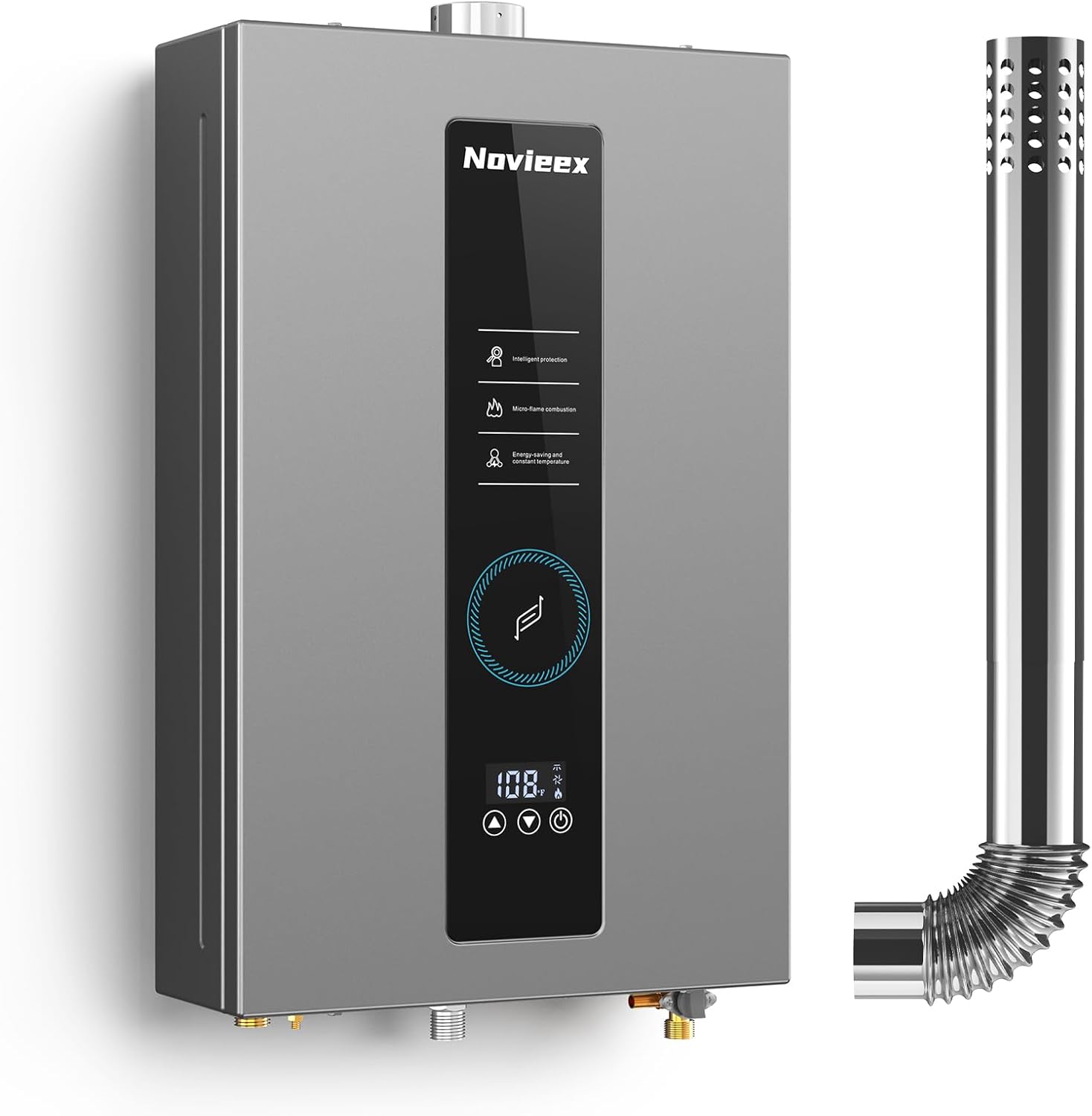Licensed plumbers or HVAC technicians with expertise in gas line installation typically install gas lines for pool heaters, ensuring compliance with local codes and safety regulations.
Installing gas lines for pool heaters requires specialized skills and licensing. Only qualified professionals should handle this dangerous work to ensure safety and code compliance.

Licensed Professionals Who Install Gas Lines
Two types of professionals typically install gas lines for pool heaters:
- Licensed Plumbers – Many states require plumbers to hold gas fitting licenses
- HVAC Technicians – Heating specialists often certified for gas line work
According to NFPA 54 gas code, all gas piping installations must be performed by qualified individuals meeting local licensing requirements.
Why You Shouldn’t DIY Gas Lines
Gas line installation involves serious risks:
- Explosion hazards from leaks
- Carbon monoxide poisoning risks
- Voided home insurance if improperly installed
- Potential fines for code violations

Cost Factors for Pool Heater Gas Line Installation
Prices vary significantly based on these factors:
| Factor | Price Impact |
|---|---|
| Distance from meter | $10-$100 per linear foot |
| Pipe size (BTU requirements) | Larger pipes cost more |
| Trenching requirements | $500-$1500 extra |
| Local permit costs | $50-$300 |
Real-World Installation Cost Examples
Actual quotes from pool owners:
- $2,700 for 25-foot run in New Jersey
- $1,000 for 40-foot run in Midwest
- $4,500 for 70-foot run in California
Choosing the Right Gas Line Professional
Follow these steps to find qualified help:
- Verify state licensing requirements
- Check for liability insurance
- Get multiple quotes (3 minimum)
- Ask about experience with pool heaters
- Request references from past clients
For related gas heating information, see our guide on ventless gas heater safety or gas line sizing for water heaters.
Alternative Installation Options
Some homeowners reduce costs by:
- Digging trenches themselves
- Installing protective conduit
- Using two-stage pressure systems for long runs
However, final connections and inspections must always be performed by licensed professionals according to International Fuel Gas Code requirements.
Permit and Inspection Process
Most jurisdictions require:
- Permit application before work begins
- Pressure testing of new gas lines
- Final inspection after installation
- Possible gas company approval
Failure to obtain proper permits can result in fines and difficulty selling your home later.

